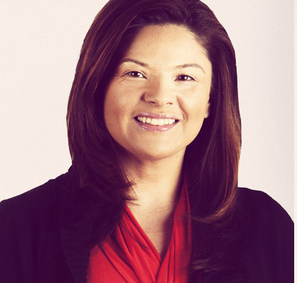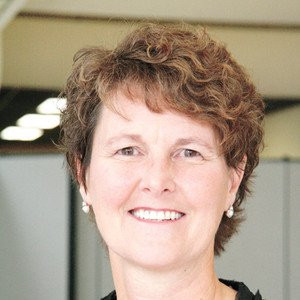URI Biotech Student Uses His Connections to Give Back to Community
Thursday, February 13, 2014
For one student looking to make a difference, the Biotechnology Manufacturing Program at URI’s Providence Campus led to many opportunities in the field. And now, he is giving back.
Kevin Waterman began his career track entering the Bachelor of Science degree program in Biotechnology back in 2009. Flash forward 5 years, and Kevin is on a Master's degree path in Medical Lab Science, while working a full time job as a Manufacturing Associate at SeraCare Life Sciences, an in-vitro diagnostic/medical device company.
Learning the necessary skills
His experience at URI Providence taught him more than the technical skills needed for a career in the biotechnology industry. It taught him perseverance and gave him the pieces needed to build the relationships with fellow students and faculty that he would later use to help others acquire work. It is because of this supportive mentality, that Waterman was able pay it forward by helping two classmates secure manufacturing jobs at SeraCare. "Getting jobs in the industry is a challenging and competitive process, and I was happy to be able to help other students attain employment," said Waterman.
GET THE LATEST BREAKING NEWS HERE -- SIGN UP FOR GOLOCAL FREE DAILY EBLASTHaving been through the Biotechnology program at URI Providence no doubt played a key role in preparing these students for work in the field. Waterman is proud and prepared thanks to the Biotech program. "This degree provides students with an active academic learning environment with many opportunities to gain industry experience," he added.
The drive to succeed
The path took persistence. Before SeraCare, Waterman succeeded by finding low-paying labor employment with the intent purpose to put himself in the position to become a skilled worker. Holding down two jobs, and commuting to Providence to earn his degree, Waterman has shown that dedication and passion can lead to a successful future. He has since hit the ground running with SeraCare, participating in Research and Development Projects, performing high-level biomanufacturing reactions with disease-state serological/plasma products, and successfully running lab operations with his team members.
Waterman will be the first to admit that the relationships he's forged with people at URI Providence carry over to the work place. "Not only are you gaining scientific and technical knowledge, but you are learning how to network," said Waterman.
The Biotech Program
The Biotechnology program at URI Providence is not only popular, but it is very successful as well. The program has been recognized by Tech Collective for its “efforts and commitment to attract, develop and retain skilled technology workers in Rhode Island through providing and supporting education and training,” and it recently received a $174,000 grant from the Amgen Foundation to engage students in scientific discovery. Waterman's experience at URI Providence's Biotech Program has been positive and he credits a lot of his success to the people involved with the program. "Anyone who has an avid interest in science and is looking to break into a cutting-edge industry with definite job growth should look into the URI Biotech Program. The faculty and staff are in the business they are in because they like to see people succeed and do well."
Waterman has succeeded. And because of him, others will too.
For more information on the Biotechnology Program at URI Providence, click here or call 401-277-5212.
This article was written By Michael Gravison; Graduate Student in Communication Studies at the University of Rhode Island Feinstein Providence Campus. This column is part of an ongoing sponsored content series with The University of Rhode Island Feinstein Providence Campus.
Related Slideshow: RI Experts on the Biggest Issues Facing Public Education
On Friday November 22, the Hassenfeld Institute for Public Leadership at Bryant University, the Latino Policy Institute of Roger Williams University, the Rhode Island Association of School Committees, the Providence Student Union, and RI-CAN: Rhode Island Campaign for Achievement Now will host Rhode Island leaders in the public and nonprofit sectors for a symposium on "the civil rights issue of the 21st century, adequacy and equity and the State of Education in Rhode Island."
Weighing in on the the "three biggest factors" facing education in the state today are symposium participatnts Gary Sasse, Founding Director of the Hassenfeld Institute for Leadership; Christine Lopes Metcalfe, Executive Director of RI-CAN; Anna Cano-Morales, Chairwoman of the Board of Trustees, Central Falls Public Schools and Director, Latino Policy Institute at Roger Williams University; Tim Duffy, Executive Director, RI Association of School Committees; and Deborah Cylke, Superintendent of Pawtucket Public Schools.
Related Articles
- NEW: URI Pharmacy Professor Awarded $1.3M Grant to Fight Cancer
- NEW: GRRL Tech Moves to URI, Has Record Expo
- URI Awarded 4 Grants From Champlin Foundations Totaling $651,774
- URI Pharmacy Professor Awarded $1.65 Mil Grant To Study Alcoholism
- Considering a Career in Biotech? URI Providence Can Prepare You








